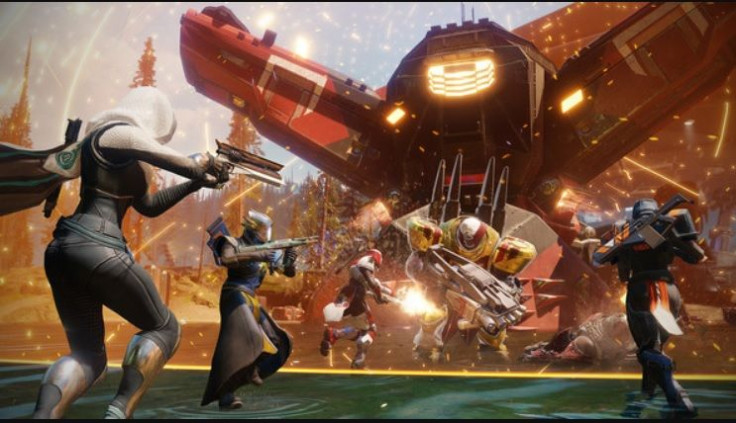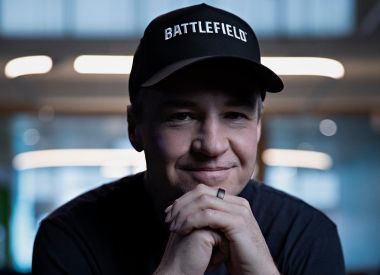It was a few months back when Destiny-related content on YouTube was being taken down through DMCA. At that time, developer Bungie filed a suit against anonymous individuals who had impersonated the studio. Last week Bungie filed another suit, and this time identified the person allegedly responsible as Nick "Lord Nazo" Minor.
In that suit, Bungie is asking the court for more than $7.6 million in damages to cover the alleged infringement of the studio's copyrights as well as other considerations like preliminary and permanent injunctive relief, costs, and attorneys' fees.
Through a filing in the U.S. District Court for the Western District of Washington, it was in December 2012 when Bungie issued a bunch of DMCA takedown notices against YouTube channels that were said to have not only infringed on the copyrights but also violated the studio's "published policy on fan use of intellectual property." The takedowns were done through CSC Global, its brand protection vendor.
As it turns out, one of those who received a takedown notice was Mr. Minor. Minor had posted music from the original soundtrack of Taken King, a Destiny expansion released in 2015. According to Bungie, what usually happens is that when YouTubers receive a DMCA takedown notice, they delete the said infringing video.
Minor allegedly did something different. First was that he left his infringing video for the maximum possible time until YouTube deleted it, in late January 2022. He then created a new Gmail address intended to mimic the official emails sent by CSC.
In February 2022, Minor allegedly bought and uploaded multiple tracks from The Witch Queen OST. Of course, this led to Bungie sending DMCA takedowns. When this happened, Minor registered a second face email and started to send out the "fraudulent takedown notices."
It looks like Minor alleged mistakes included too many fake accounts that got confused the Destiny community, especially Bungie's brand protection agent. Minor appeared to have believed that he was protected because of his presumed anonymity. However, there were more than enough traces for the studio "to conclusively identify him once Google produced its data on the fraudulent email addresses."
It would be really interesting to see how this case resolves and if any changes are coming to how YouTube issues DMCA takedowns.
What are your thoughts on this case?


















